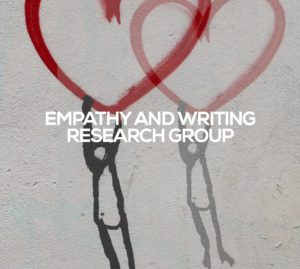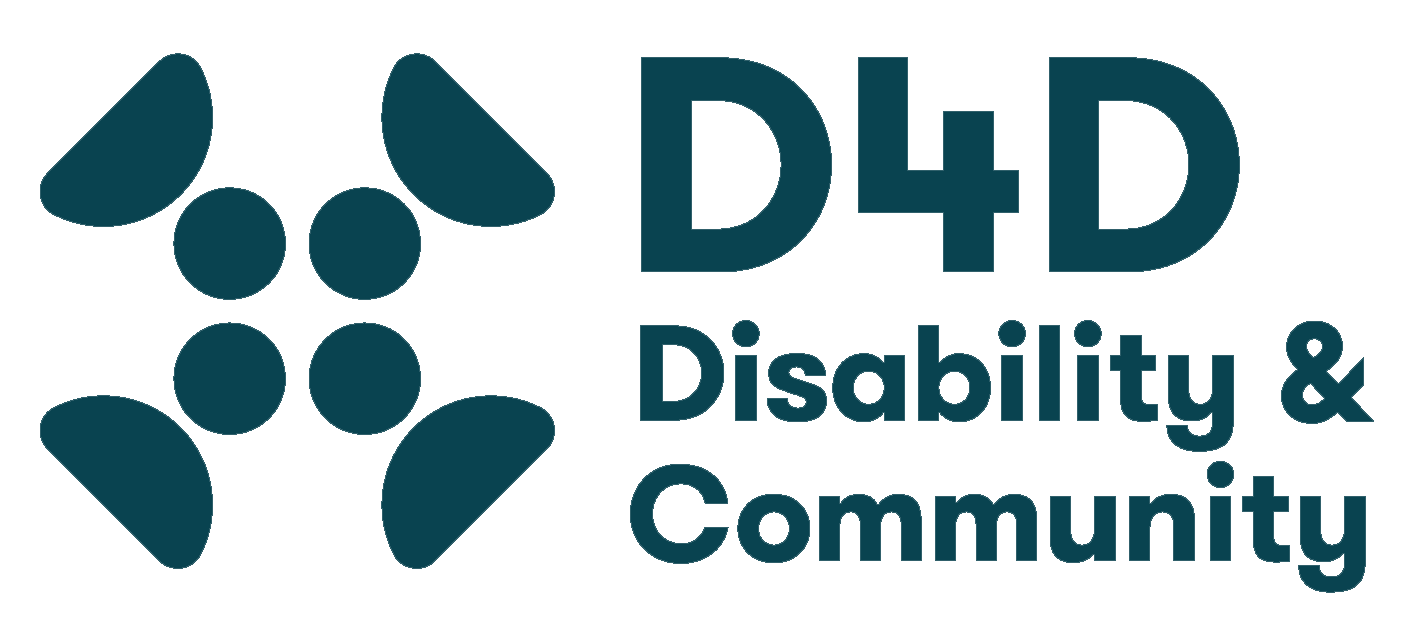 The Empathy and Writing group researches the uses and limits of empathy in personal and professional life, creativity, reading, writing and in the recovery from trauma.
The Empathy and Writing group researches the uses and limits of empathy in personal and professional life, creativity, reading, writing and in the recovery from trauma.
This event will focus on some of the findings of the project.
- Ella Simpson: The Alienation of Empathy: Outsiders and insiders in the criminal justice system
In recent years empathy has increasingly gained credibility in some areas of criminal justice policy and practice. Prisoners are coached in victim awareness, empathy deficits are identified and addressed. A lack of empathy in childhood is implicated in later criminal activity. But, how much is empathy based on imaginative understanding and how much on ideological coercion? New research into the work of creative practitioners in prison environments may offer new insights into what empathy means for insiders and outsiders caught in the system.
- Tanvir Bush: Activism, empathy and literature: can we tell our readers what to think and should we even try?
Tanvir will reflect briefly on her recently published novel, CULL, a dark satire on the current welfare system exploring disability, discrimination and more; and screen a short video of the launch at Corsham Town Hall.
- Panel Discussion led by Stephanie Harvey: Avoiding presenting ‘the cheapest kind of understanding’.
This section will consider how to sensitively tackle difficulties regarding representation and competing agendas in our writing.
Stephanie Harvey, a current PhD student, will outline an issue she is tackling at present. It concerns negotiating how to highlight barriers to accessing disability rights that a participant should have as a result of an aspect of his identity, within a context where the participant desires those rights to be enacted but rejects the label that might give him access. How to ensure against providing ‘the cheapest kind of understanding’ without betraying either the researcher’s integrity or the participants’ desires and perspectives.
An informal panel including Stephanie Harvey, Miranda Barnes, Tanvir Bush, Sabrin Husbun and Camila Fuentes Diaz will then reflect on their own experiences within this context and discuss issues around representation, presentation and negotiating multiple perspectives and objectives. The discussion will then be opened to the floor for questions and to share the experiences of other researchers.
Speaker Bios:
Ella Simpson is a Senior Lecturer in Criminology and PhD researcher at Bath Spa University. Ella’s PhD research is concerned with the role of creative arts interventions in prisons, with a particular focus on the role of the practitioner in engaging prisoners. Ella is a 2019 Kathryn Davis Fellow for Peace and has long term research plans to explore the use of creative arts in prisons in Palestine/Israel.
Dr Tanvir Bush is a novelist and Associate Research Fellow on the D4D project about disability and exclusion. She is also a writer, and the instigator of SenseAbility and the Creative Writing Laboratory, local community initiatives. Her novel CULL has recently been published by Unbound to critical acclaim.
Stephanie Harvey is currently undertaking a PhD at Bath Spa University. Her research explores disparities between the lived experience of people with long-term mental health conditions from minority ethnic backgrounds, and conceptualisations of Disability and Mental Health, and how this might lead to increased marginalisation or inclusion. This research will take a Critical Ethnographic approach, using a range of methods (including more creative methods) to explore possible epistemic issues that lead to the increased marginalisation of the participant group.
Session Chair: Dr Miranda Barnes:’ research focused on poetry functioning as dialogue between science and spirituality, via the lens of human experience. Her collection of poetry, written as the creative component to this thesis, Twelve Foundation Stones of the New Heaven, manifests the concepts explored within her critical work. She is particularly interested in poetry that engages with science, as well as ecological and environmental concerns, but which values the human perspective.
